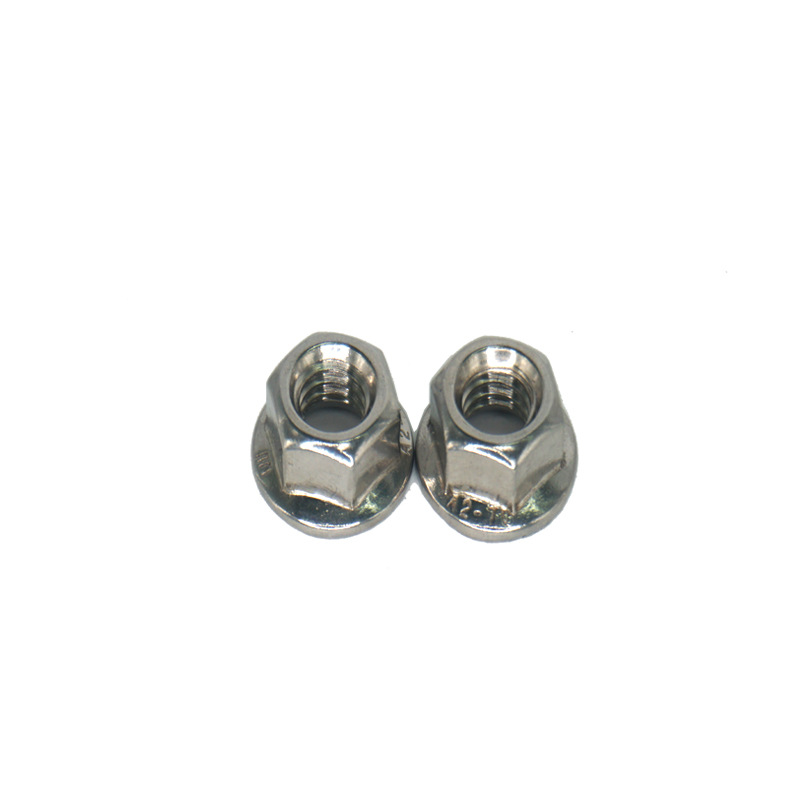

Top Manufacturers of Stud Bolts for Industrial Applications and Construction Needs
Sep . 23, 2024 15:55 Back to list
Top Manufacturers of Stud Bolts for Industrial Applications and Construction Needs
Stud Bolt Manufacturers An Overview
In the world of construction and manufacturing, fasteners play a vital role in ensuring the integrity and durability of structures and machines. Among various types of fasteners, stud bolts have gained significant importance due to their unique design and capabilities. Stud bolts are elongated fasteners with threads on both ends, often used in various engineering applications to hold components together tightly. This article explores the dynamics around stud bolt manufacturers, their processes, and their significance in various industries.
The Role of Stud Bolts
Stud bolts are commonly employed in high-stress environments, including oil and gas pipelines, construction, and heavy machinery. Their ability to withstand extreme temperatures, pressures, and corrosive environments makes them indispensable in industries requiring robust fastening solutions. They provide a more reliable and effective means of connecting parts, reducing the risk of failure under heavy loads.
Manufacturing Process
The production of stud bolts involves several precise steps to ensure quality and performance. The process generally begins with selecting the appropriate materials, often high-strength alloys, stainless steel, or carbon steel, depending on the application's requirements. The choice of raw material is crucial, as it impacts the fastener's strength, longevity, and resistance to corrosion.
Once the materials are selected, the manufacturing process typically involves forging, machining, and heat treatment. Forging shapes the metal into a rough stud bolt, while machining adds the necessary threads and dimensions to meet specific standards. Heat treatment follows, enhancing the mechanical properties of the bolts and ensuring they can withstand the demands of their applications.
After manufacturing, stud bolts undergo rigorous quality control testing, including tensile strength tests, hardness tests, and dimensional inspections. This quality assurance process is vital in certifying that the fasteners meet industry standards and customer specifications.
stud bolt manufacturers

Types of Stud Bolts
Stud bolts can be categorized into several types based on their design and application. The most common types include
1. Full Thread Studs These studs feature threads extending the entire length, providing maximum grip and engagement. 2. Partially Threaded Studs With threads on one end and a plain shank on the other, these studs are ideal for specific applications where full engagement isn’t necessary. 3. Heavy Hex Nuts and Washers Often used in conjunction with stud bolts, these components ensure complete fastening and load distribution.
Leading Manufacturers
Numerous manufacturers specialize in producing high-quality stud bolts. Companies in this sector invest heavily in the latest technology and machinery to enhance production efficiency and maintain quality standards. Many leading manufacturers also offer customized solutions, catering to unique industry requirements.
Reputable stud bolt manufacturers ensure their products comply with international standards such as ASTM, ISO, and ASME, providing customers with the assurance of safety and reliability in their projects.
Conclusion
Stud bolt manufacturers play a pivotal role in providing essential fastening solutions for various industries. As the demand for durable and reliable fasteners continues to grow, these manufacturers are essential partners in modern construction and manufacturing. Their dedication to quality, innovation, and customization helps meet the increasingly intricate demands of the engineering world, ensuring that structures and machines are built to last. With ongoing advancements in materials and manufacturing techniques, the future of stud bolts looks promising, underlining their importance in the evolving landscape of construction and industry.
Latest news
-
High-Strength Hot Dip Galvanized Bolts - Hebei Longze | Corrosion Resistance, Customization
NewsJul.30,2025
-
Hot Dip Galvanized Bolts-Hebei Longze|Corrosion Resistance&High Strength
NewsJul.30,2025
-
High-Strength Hot-Dip Galvanized Bolts-Hebei Longze|Corrosion Resistance&High Strength
NewsJul.30,2025
-
Hot Dip Galvanized Bolts-Hebei Longze|Corrosion Resistance&High Strength
NewsJul.30,2025
-
Hot Dip Galvanized Bolts - Hebei Longze | Corrosion Resistance, High Strength
NewsJul.30,2025
-
High-Strength Hot Dip Galvanized Bolts-Hebei Longze|Corrosion Resistance, Grade 8.8
NewsJul.30,2025

